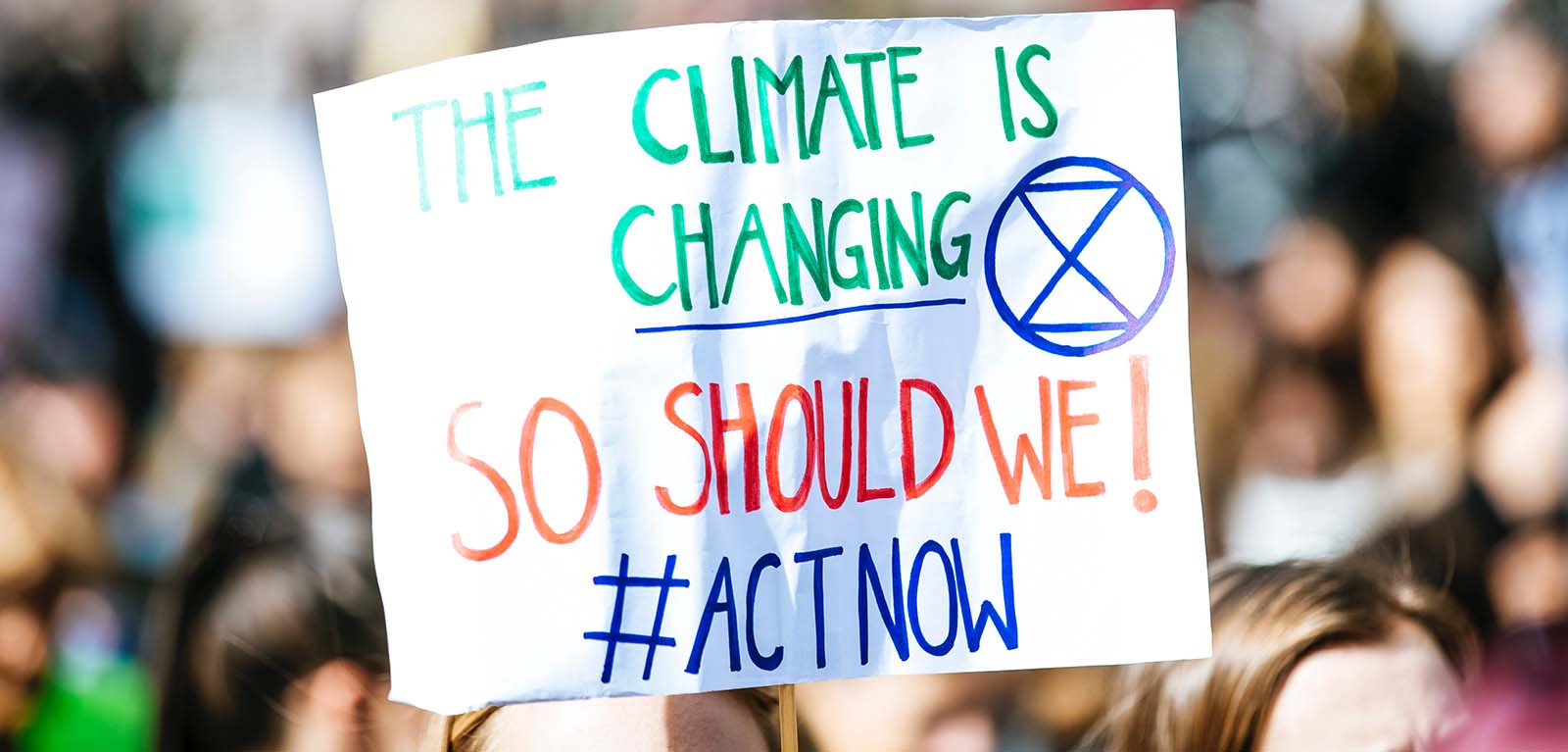Report highlights extensive economic benefits of tackling climate crisis across the UK
A new report has highlighted the extensive benefits to the UK economy if immediate action is taken by local authorities to address the climate crisis.

The research was led by the Centre for Sustainability, Equality and Climate Action at Queen’s University Belfast and the Place-Based Climate Action Network for UK100.
A key finding from the report is that investment in climate action at the local level would see over 800,000 green jobs created across the UK by 2030, rising to 1.38 million total jobs by 2050. It also found that for every £1 invested in climate mitigation and protecting communities from the impacts of extreme weather events, a further £9 is saved.
It offers cross-sector insight into how investment in local climate action can lead to tangible emission reduction, but can also create good quality green jobs, economic opportunities, important social co-benefits and level up areas across the UK as we seek to recover from the COVID-19 pandemic. It presents a clear evidence base that highlight not only is Net Zero transformation possible, but also that the costs of inaction are immense.
Importantly, it considers these benefits in the context of rebuilding after the COVID-19 pandemic and the impacts the public health emergency has had on local authorities, their finances, and local economies across the UK.
John Barry, Professor of Green Political Economy at Queen's University and lead researcher on the report, said: “It is in the very difficult context of COVID-19 that local authorities must consider the meaningful, lasting and interrelated benefits of decarbonising across all sectors, confronting the climate crisis, and harnessing the economic opportunities of local climate action.
“Fortunately, this economic shift can unlock correspondingly significant social and economic benefits for our society. If done correctly, and in the time frame suggested by climate science, we can not only avoid the worst consequences of climate change but capitalise on the huge economic and other co-benefits of urgent transformative climate action at scale. Our report clearly shows that ‘building back better’ from the pandemic is to green and climate proof our societies and local economies.”
Among the strongest economic cases within the report for UK local authorities to invest in climate mitigation and adaptation is avoiding the rising costs of climate impacts.
The report highlights the estimated annual cost of floods in the UK has reached £340 million, and is expected to rise to £428 million if global temperatures rise by 2°C, reaching £619 million if post-industrial warming reaches 4°C.
Seán Fearon, co-author of the report and researcher at Queen’s, added: “A primary aim of this report was an attempt to change the perception of climate action among local authorities as a ‘cost’ or as an unaffordable ‘burden’.
“In fact, tackling the climate crisis through our councils can be the main vehicle for meaningful and positive change in our communities, creating a healthier and more inclusive society, and more democratic local economies which prioritise decent jobs and environmental wellbeing.”
Professor Ian Greer, President and Vice-Chancellor of Queen's, concluded: “Queen’s is a world leader in research, and we know that by enabling our talent to develop solutions we can have a very real impact in creating a sustainable future for all.
“That’s why we’ve recently made a multi-million-pound investment in a new sustainability action plan to help play our part in tackling the global climate emergency.”
Media
Media inquiries to s.devlin@qub.ac.uk